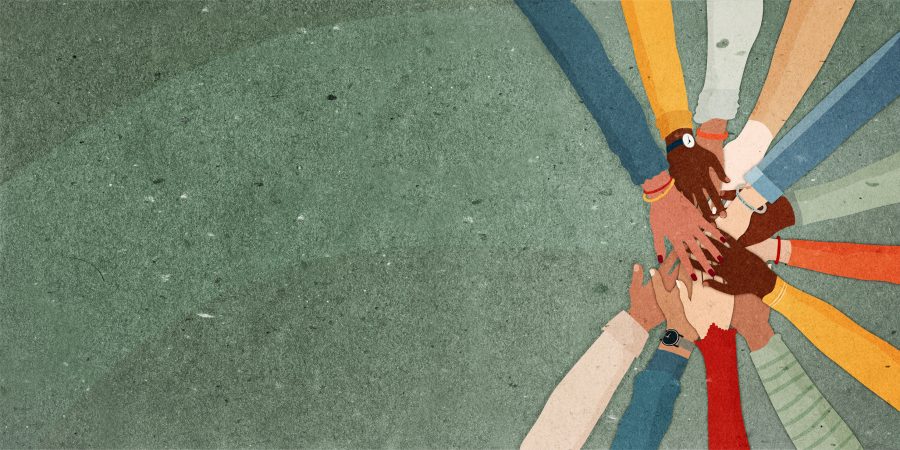Conservation Volunteering: What Can We Learn About How to Build Social Capital?

Rosie Gerolemou of the Centre for Biodiversity and Biosecurity at the University of Auckland reflects on how volunteering can build social capital.
Rosie V. Gerolemou
Volunteering offers a wealth of benefits for participants. It can improve physical health, provide opportunities for new friendships and skill development, and mitigate the harmful effects of loneliness.
For people who volunteer as part of a neighbourhood community group (e.g. social support; environmental clean-up) there are additional benefits. Volunteering gives people a purpose. It provides an opportunity for people to participate in their community and feel more connected.
Our recent study found volunteers have more positive interactions with their neighbours, feel safer and are more likely to trust others (when compared with people not in volunteer groups). These positive outcomes for communities, facilitated by improved social connections, are known as social capital.
Social capital is a broad term. It relates to a network of people who collaborate over a shared interest and benefit from doing so. Neighbourhoods with high social capital on average have lower crime rates and are home to residents who are more likely to beautify their neighbourhoods. This makes communities safer and more pleasant places to be.
Social capital produces strong communities that are more resilient to disasters. Research has shown that during extreme weather, like heat waves, death rates are lower in neighbourhoods with high social capital, even when controlling for socio-economic factors. After severe earthquakes, communities with high social capital recover faster.
In New Zealand, it is common to volunteer as part of a conservation group. The state of the natural environment is a concern for much of the public, so people are willing to do their part to help. New Zealand’s volunteer groups tackle social issues whilst helping the environment. In our study, volunteers reported using their group network to support each other during the Covid pandemic. People shopped for vulnerable neighbours or carried out urgent repairs when tradespeople could not work during lockdowns. Although unable to meet in person, groups maintained communication to keep loneliness at bay and to warn each other about possible exposure to Covid. This demonstrates how social capital contributed to New Zealanders’ wellbeing during the pandemic.
By building social capital, volunteer initiatives are more likely to succeed in the long term. When we interviewed leaders of community groups, we found groups with social bonds and high social capital report higher volunteer retention. This means people continue to volunteer long-term and continue to receive the positive benefits of social capital.
To encourage participation, volunteer opportunities must be available for a variety of purposes. This facilitates connecting people with others in their local area who share common passions and motivations. Enabling people to create and operate voluntary groups will help communities generate social capital. This will improve people’s wellbeing and build stronger communities.
In a nutshell:
- While volunteering provides many benefits to individuals, it also builds social capital in communities
- Social capital is the benefit that arises from social networks of people interacting with each other
- During the Covid pandemic, social capital stemming from community conservation group membership helped improve people’s wellbeing and build strong communities
- Providing opportunities for people to volunteer can increase social capital
IPPO is currently undertaking a review of the role of social capital during the COVID-19 pandemic. For more information please email [email protected].
